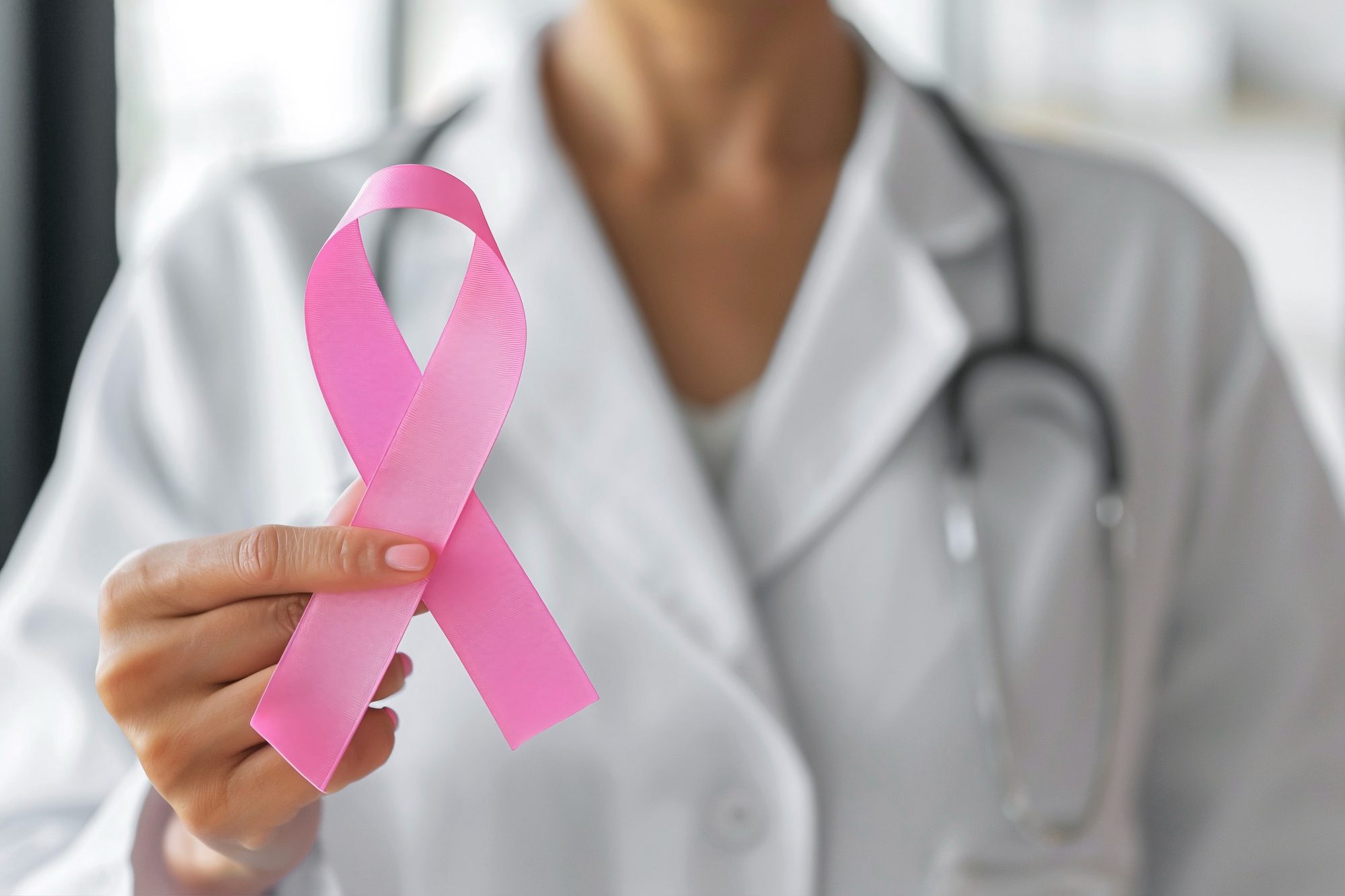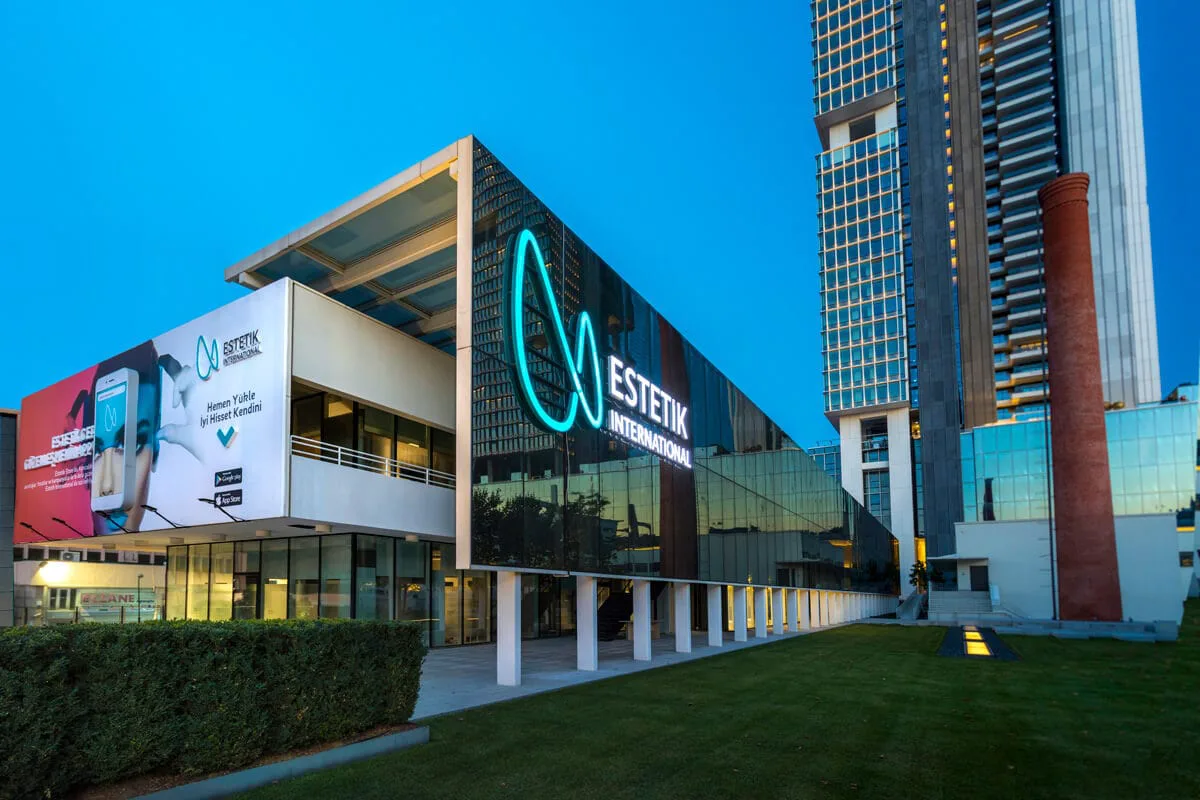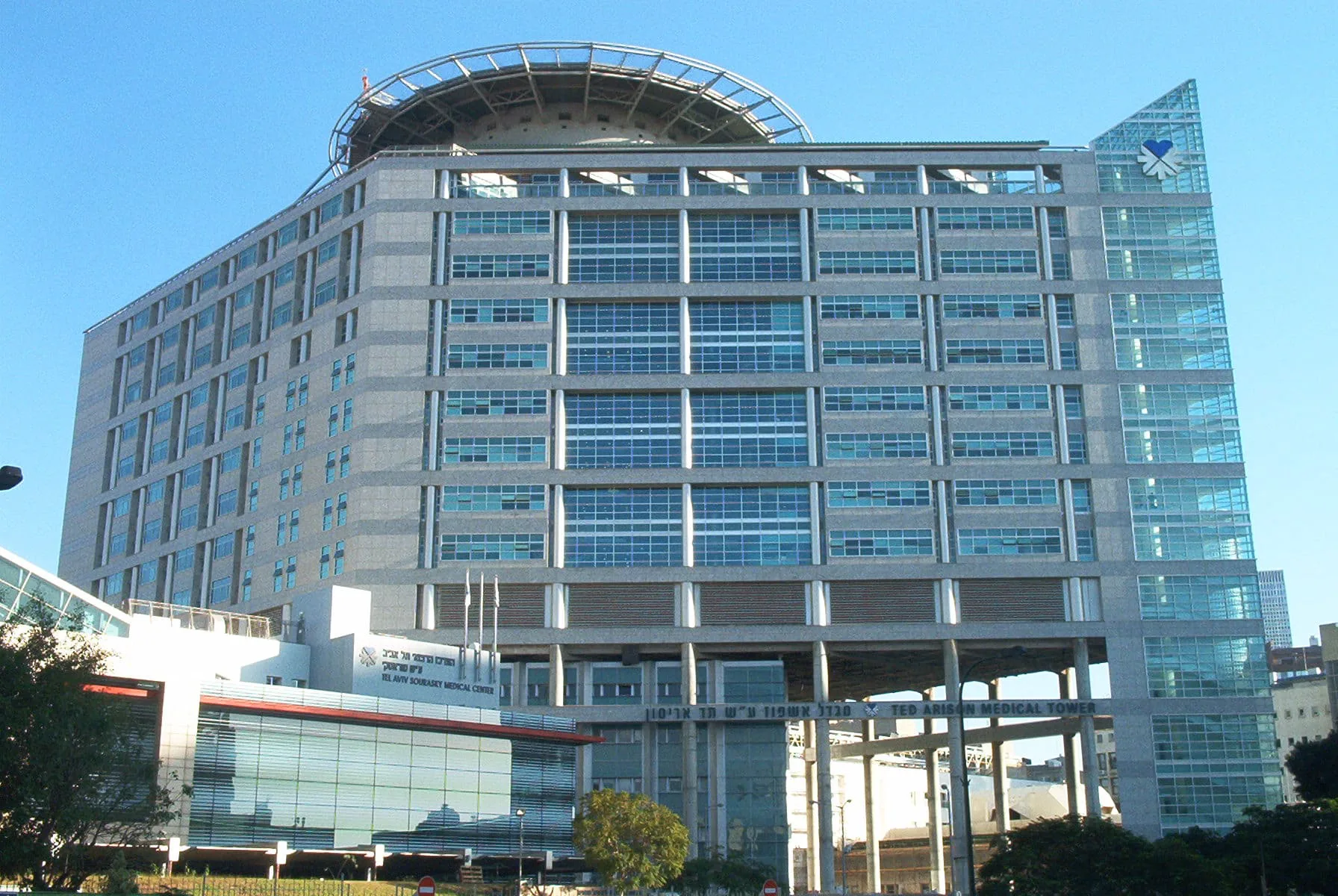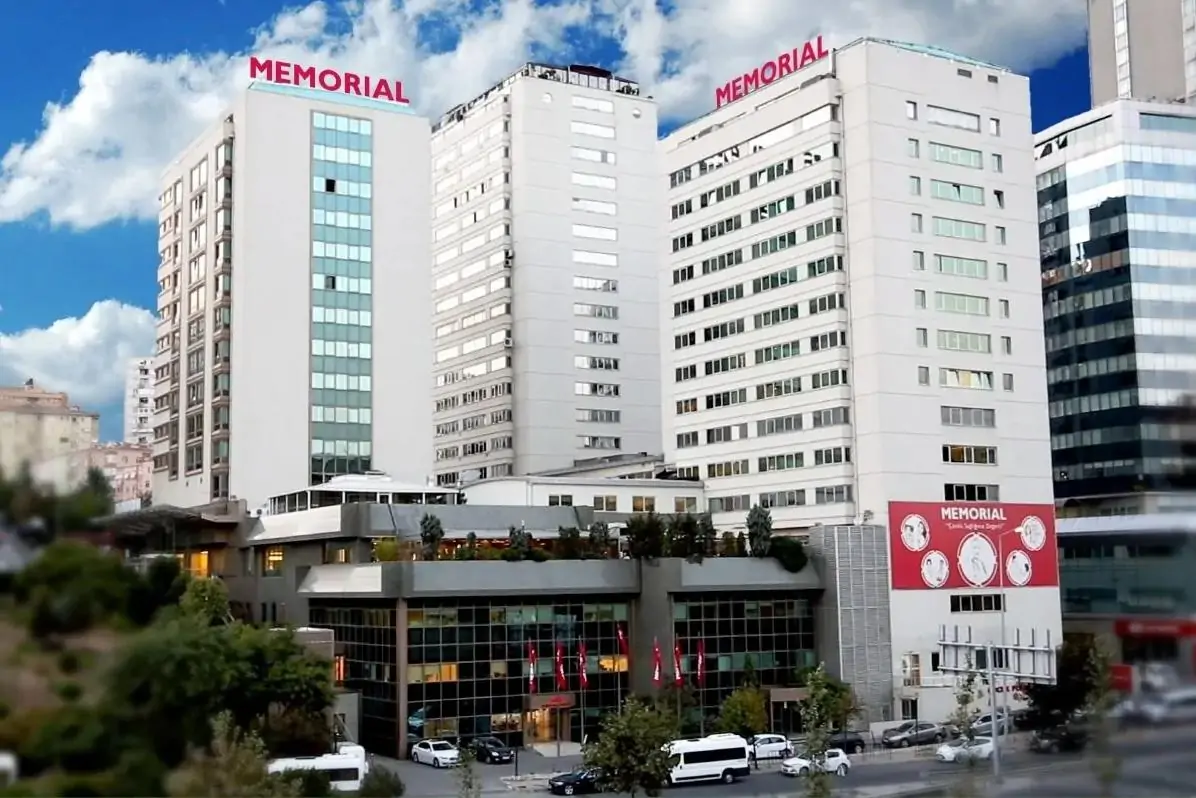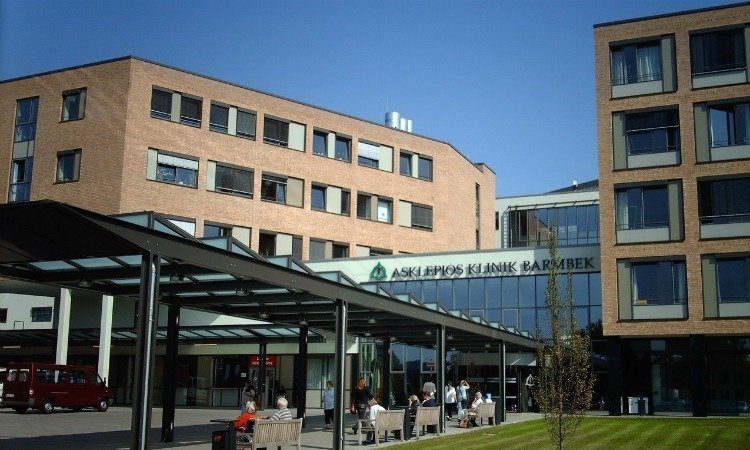A breast cancer diagnosis can shake your world – but there are powerful care strategies for recovery. Today’s cross-specialty medicine offers flexible paths toward healing. Treatments now reflect not just biology, but your goals, history, and personal pace. Knowing your options brings back a sense of direction and makes choices easier to face.
What Happens First?
After confirmation of malignancy, doctors begin with full-scale diagnostics. Imaging scans, lab-based tissue review, and genetic profiling are used to understand the tumor’s nature. These tools estimate how far the cancer has progressed and help map out the likely length of treatment breast cancer may require.
Some treatments move fast; others take longer to succeed – especially when lymph nodes are involved or inherited gene risks are found.
Core Treatment Paths
Depending on cancer’s stage and your body’s response, a mix of strategies may be used.
Surgery
- Lumpectomy – Removes cancer-affected tissue only.
- Mastectomy – Removes the entire breast.
- Lymph node dissection – Helps identify if cancer has spread.
In many cases, breast reconstruction oncology experts are brought in before or after surgery. Reconstruction may use your own tissue or implants, based on your body’s needs and your decision.
Shenzhen Genoimmune Medical Institute (GIMI)
The Shenzhen Geno-Immune Medical Institute (GIMI) stands at the forefront of gene and immune cell therapy, pioneering innovative solutions beyond FDA-approved CAR-T treatments. Led by renowned expert Prof. Lung-Ji Chang, inventor of the widely-adopted lentiviral vector system, GIMI has delivered effective treatments for over 1,000 cancer cases with cutting-edge 4th generation CAR-T technologies.
Radiotherapy
Used after surgery to destroy remaining cancer cells. Sessions are often short, non-invasive, and reduce the chances of recurrence.
Systemic Chemotherapy
This approach uses high-intensity drugs circulated throughout the body. It’s often used when cancer is aggressive or advanced. Side effects vary but can usually be managed. Treatment happens in cycles.
Hormonal Therapy
Some breast cancers grow with hormone support – especially estrogen. This therapy blocks or lowers hormone activity. Some patients use it for five years or more.
Targeted Treatment
Drugs in this category lock onto cancer-cell markers and deliver a focused effect, with fewer side effects compared to standard chemo.
Immunotherapy
Still under study, this method trains the immune system to find and fight cancer. Especially promising for triple-negative subtypes.
Fertility & Future Parenthood
Fertility breast cancer care is now standard for young women. Many treatments can affect ovaries, so early planning matters. Your doctor may suggest next-mentioned.
- Freezing eggs or embryos.
- Temporarily blocking hormones.
- Exploring donor options after recovery.
Conversations about parenting goals happen more often now, making this part of care more thoughtful and compassionate.
Healing After Treatment
Recovery doesn’t stop when treatment ends. To support survival breast cancer outcomes and spot any return early, consistent check-ins matter. Life after cancer often includes listed below.
- Energy-conservation tips.
- Physical therapy.
- Counseling for emotional support.
- Nutrition advice.
- Peer support groups.
- Cosmetic recovery services.
Simply send us a request through our website, and we’ll match you with a highly qualified specialist based on your unique case. Thanks to our global network of leading oncology centers, you’ll receive expert support and access to world-class care – no matter where you are.
Can you live 20 years after stage 1 breast cancer?
Yes. Many people do. With timely detection and complete care, survival odds are excellent.
What are the best hospitals for breast cancer?
Top global centers include MD Anderson (USA), Royal Marsden (UK), Gustave Roussy (France), and Charité (Germany). These clinics provide advanced treatments and access to new therapies.
What do hospitals use to treat cancer?
Usually a combination – surgery, chemo, radiation, immunotherapy, and targeted meds – depending on each case.
What happens if breast cancer is left untreated?
It typically spreads to other tissues or organs. Early action makes a major difference in outcomes and overall health.

